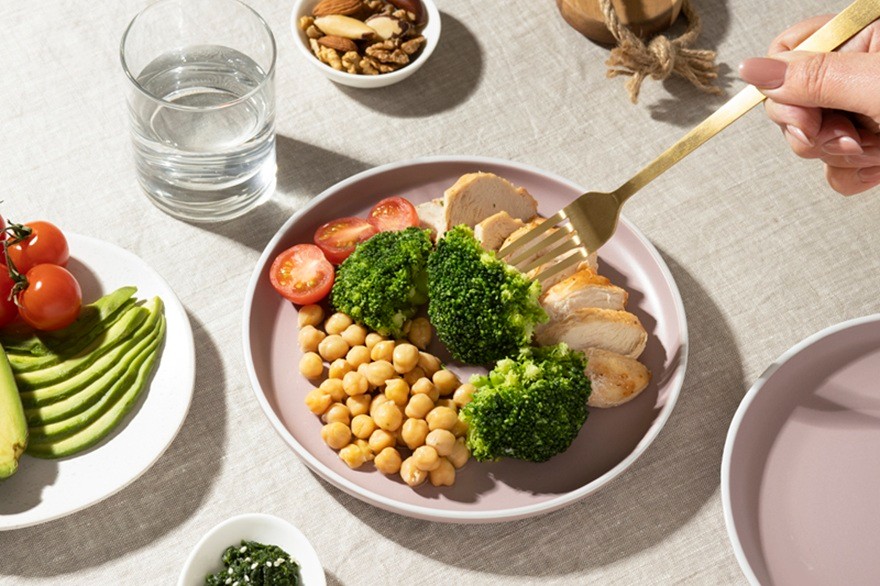Diet for Lowering Cholesterol
Diet for Lowering Cholesterol
High cholesterol is a major risk factor for heart disease and stroke. The good news is that adopting a heart-healthy diet can significantly lower cholesterol levels and improve overall health. This guide provides essential dietary recommendations to help you maintain optimal cholesterol levels naturally.
Foods to Include
1. Fiber-Rich Foods
Soluble fiber helps lower LDL ("bad") cholesterol by preventing its absorption into the bloodstream.
- Oats and oat bran
- Legumes (beans, lentils, chickpeas)
- Fruits (apples, pears, oranges, berries)
- Vegetables (carrots, Brussels sprouts)
- Whole grains (brown rice, quinoa, barley)
2. Healthy Fats
Replacing saturated and trans fats with healthy fats can help reduce LDL cholesterol while increasing HDL ("good") cholesterol.
- Olive oil and avocado oil
- Fatty fish (salmon, tuna, sardines, mackerel)
- Nuts and seeds (almonds, walnuts, flaxseeds, chia seeds)
- Avocados
3. Plant-Based Protein
Reducing animal-based protein can improve heart health. Opt for:
- Tofu and tempeh
- Lentils and beans
- Quinoa
- Nuts and seeds
4. Foods with Plant Sterols and Stanols
These compounds naturally lower cholesterol by blocking its absorption.
- Fortified foods (orange juice, yogurt, and margarine with added sterols)
- Nuts and seeds
- Whole grains
5. Antioxidant-Rich Foods
Antioxidants can help reduce inflammation and protect against heart disease.
- Leafy greens (spinach, kale, collard greens)
- Berries (blueberries, strawberries, raspberries)
- Dark chocolate (with at least 70% cocoa)
Foods to Avoid
1. Saturated and Trans Fats
These fats raise LDL cholesterol and increase heart disease risk.
- Red meat (beef, pork, lamb)
- Processed meats (sausages, bacon, hot dogs)
- Full-fat dairy products (cheese, butter, cream)
- Fried and fast foods
2. Refined Carbohydrates and Sugar
Excess sugar can lead to weight gain and increased cholesterol levels.
- White bread, pasta, and rice
- Sugary beverages (soda, fruit juices, energy drinks)
- Pastries, cookies, and cakes
3. High-Sodium Foods
Too much salt can raise blood pressure and increase heart disease risk.
- Processed and canned foods
- Salty snacks (chips, pretzels, crackers)
- Restaurant and fast food meals
Lifestyle Tips for Better Cholesterol Levels
- Exercise regularly – Aim for at least 30 minutes of moderate activity most days of the week.
- Maintain a healthy weight – Excess weight can contribute to high cholesterol levels.
- Quit smoking – Smoking lowers HDL cholesterol and damages blood vessels.
- Limit alcohol intake – Excessive alcohol consumption can raise cholesterol and triglyceride levels.
- Manage stress – Chronic stress can negatively impact heart health.
A heart-healthy diet plays a crucial role in managing cholesterol levels and preventing cardiovascular disease. By incorporating fiber-rich foods, healthy fats, and plant-based proteins while avoiding unhealthy fats and processed foods, you can take control of your cholesterol levels and improve overall well-being. Start making small changes today for a healthier heart and a longer life!



